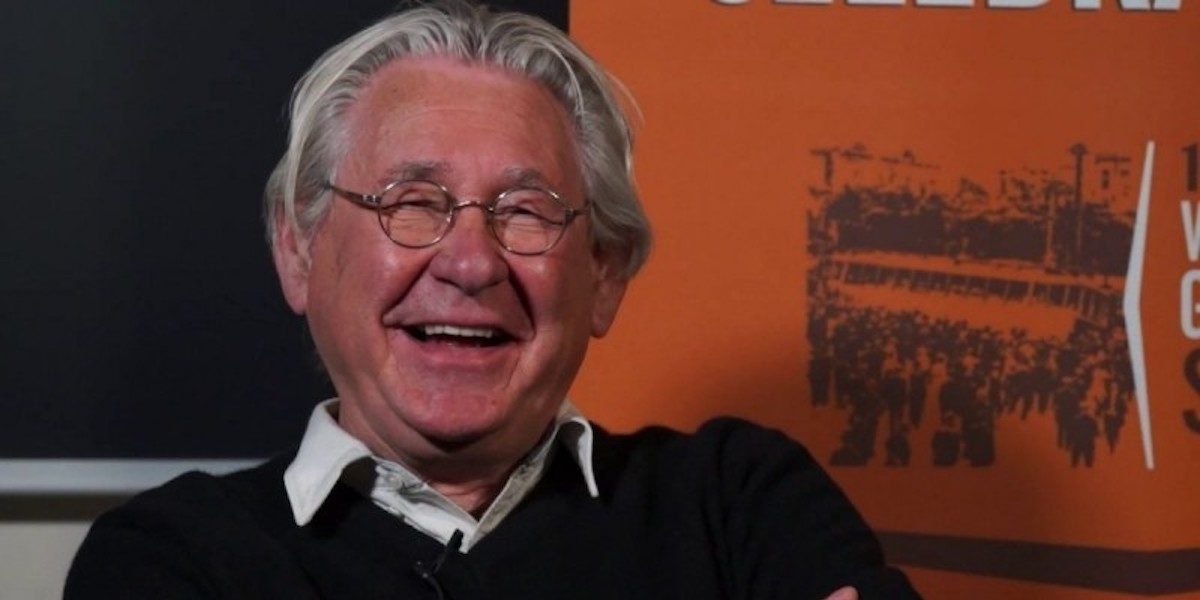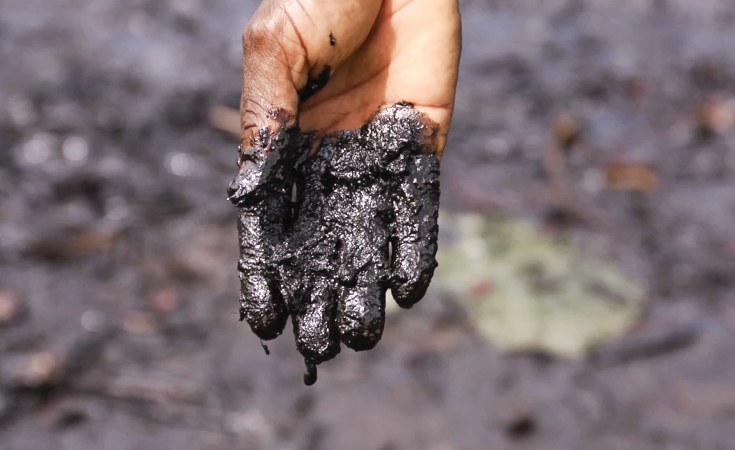LEO PANITCH IN MEMORIUM
The convivial, practical road to socialism: a tribute to Leo Panitch
By Hilary Wainwright
Red Pepper Magazine
December 29th, 2020
December 29, 2020 · 7 min read

It is striking that the widespread grief at the untimely death of Leo Panitch is not simply for the passing of a brilliant socialist intellectual but also for the shared personal loss of a warm, kind and truly comradely human being. Leo’s influence has come as much from his spirit of generosity and conviviality as through his arguments. For him the two were inseparable.
Without implying that he was a saint, Leo lived and advocated a socialism whose appeal is exactly the conviviality and kindness that flows from mutual respect for the dignity and equality of all people, and for the social and economic conditions that can make this a universal condition. He prefigured socialism in his everyday comradeship and collaborative ways of working. It is for this reason that his many comrades now feel as though part of the foundations of our very being have been pulled from beneath us.
Leo’s characteristic ability to live his socialism was linked with his integration of theory and political practice. His recent thinking about strategy stressed the need ‘to start anew at creating the kinds of working-class political institutions which can rekindle the socialist imagination’.
It was an emphasis he reiterated in response to the defeat of the Corbyn-led Labour Party, which for Leo revealed a fundamental absence of organised forces behind the leadership’s radical socialist policies. His argument came from both a theoretical understanding of the unequal balance of power and from practical experience of the difficulties and necessities of rebuilding a politically conscious working-class organisation – as distinct from merely obtaining the official support of individual trade union leaders.
The development of Leo’s theoretical work was always combined with a practical immersion in socialist organising. This ranged from involvement in student and worker strikes at the University of Manitoba, Canada, where he first went to university, to his later work with Greg Albo, Sam Gindin and others in the Socialist Project in Toronto. The development of Leo’s theoretical work was always combined with a practical immersion in socialist organising
From these and many other experiences, Leo took a detailed understanding and intuitive ‘feel’ for the material realities of organising sustained working-class power and of the institutional and mental blockages such organising faces. This animated his writings and his editorial leadership, with Colin Leys and then Greg Albo, of the Socialist Register, an annual collection of writing on international issues confronting socialists. You can read Leo’s own Socialist Register essays 1979-2020, here.
Key to Leo’s vision of sustained and strategic working-class organisation is the development of political capacity. Recently, after analysing the failure of the Greek left party SYRIZA to realise its radically transformative promise when elected to government in January 2015, Panitch and Gindin concluded their book The Socialist Challenge Today by arguing that: ‘If a socialist government is not to be stymied by the inherited state apparatuses, decisive focus on developing the agency and capacity for state transformation will be required.’
Leo’s multiple engagements in developing practical political capacity ranged from his inspirational teaching as professor at York University, where many of his PhD students became writers for Socialist Register, to his supportive involvement with The World Transformed (TWT) political education network. At TWT events, not only were Leo’s talks tours de force, he would also work with TWT organisers on TWT’s own approach to political education.
He supported and wrote for Red Pepper (see below) and other socialist publications in a spirit of posing questions and providing analytic and historical resources for us to answer them in our own way. He was never dogmatic or sectarian, regarding such stances as obstacles to the consciousness-raising that is at the heart of political education.
Leo’s understanding of the idea of ‘agency’, then, was not simply as a theoretical concept but as a material process to be built – often with difficulty and scarce human resources of time and funds – and against hostile actors who were often far better resourced. This recognition enabled him to understand two levels of politics that are in perpetual tension and yet somehow had to be combined to be effective: on the one hand, the level of day-to-day material struggle for immediate improvements in the lives of those facing poverty, wage slavery and every other oppression; on the other hand, pursuing strategies for an entirely different, socialist society.
It is a dilemma summarised in this crucial reflection by Tony Benn:
‘[T]he usual problem of the reformer [is] that we have to run the economic system to protect our people who are now locked into it while we change the system. And if you run it without seeking to change it then you are locked in the decay of the system, but if you simply pass resolutions to change it without consulting those who are locked in the decaying system, then you become irrelevant to the people you seek to represent … We cannot content ourselves with speaking only to ourselves; we must raise these issues publicly and involve the community groups because we champion what they stand for. We must win the argument, broaden the base of membership, not only to win the election but to generate the public support to carry the policies through.’
Leo drew attention to this far-sighted remark again and again. He now leaves the task of finding answers to this dilemma with us, among many other unresolved questions. But he set us an example as to how to address these questions and an implicit imperative to do so. ‘Leo thought on a bigger scale. His death doesn’t stop that kind of a dream,’ insists Gindin, his close collaborator and long-time friend. ‘He saw himself as part of a longer-term process that other people are going to have to continue.’
Each of us has to recreate the foundations that Leo’s shocking death took from under us. In his writing and remembered conversations he has provided sturdy rocks with which to do so. We have to mix the cement to put them together with the solidarity, love and political passion that he exemplified.
Leo Panitch’s writing in Red Pepper
- ‘Rebuilding banking‘ (2009) is an argument for the banks to become a public utility – and explanation of how we get there
- An in-depth 2014 interview with Leo about his book The Making of Global Capitalism
- ‘Labour’s lost leader‘ (2014) is a thoughtful and personal insight-filled reflected on the legacy of another giant of the left, Tony Benn.
- Leo, alongside Hilary, had an open conversation with Jeremy Corbyn in 2015
- Co-authored with Sam Gindin, ‘In and against the state‘ (2018) argued for developing a socialist strategy beyond election campaigns
- Co-authored with Dionysia Pitsili-Chatzi, Aris Spourdalakis, Jodi Dean and Hilary, ‘The right’s looming challenge to democracy in Greece‘ (2019)
Leo Panitch, 1945-2020
Hilary Wainwright is a Red Pepper editor
Leo Panitch’s PM works include In and Out of Crisis: The Global Financial Meltdown and Left Alternatives, coauthored with Sam Gindin and Greg Albo, and an excellent interview with Sasha Lilley in Capital and Its Discontents: Conversations with Radical Thinkers in a Time of Tumult.
Back to Leo Panitch’s Author Page.
https://www.pmpress.org/blog/2021/01/01/the-convivial-practical-road-to-socialism-a-tribute-to-leo-panitch/






















